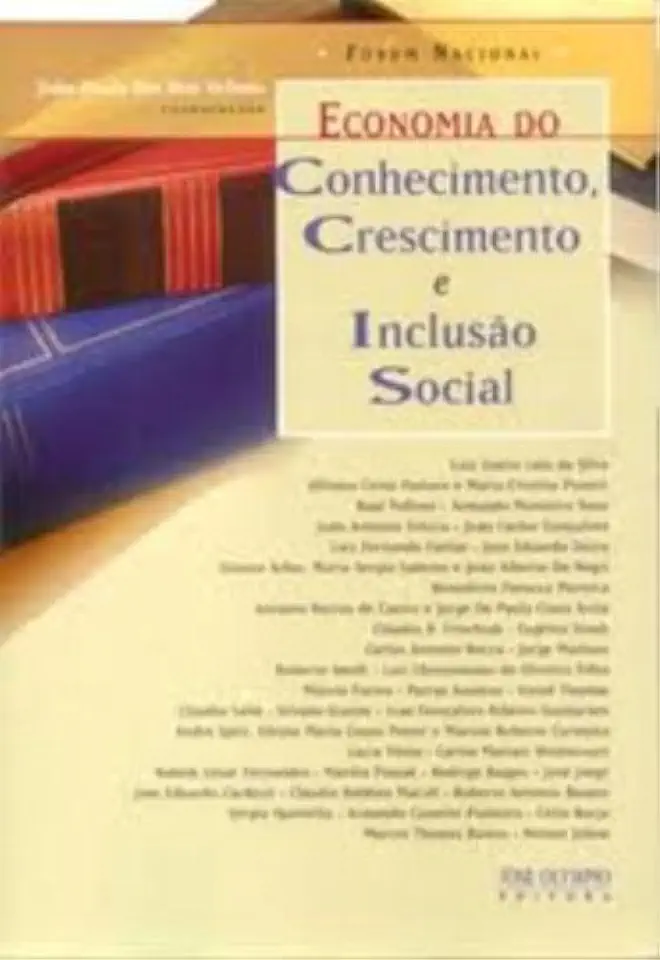
Knowledge Economy, Growth and Social Inclusion - João Paulo dos Reis Velloso
Knowledge Economy, Growth and Social Inclusion: A Comprehensive Guide to the Future of Work
In the 21st century, knowledge has become the most valuable resource for economic growth and social inclusion. The knowledge economy is characterized by the production, distribution, and use of knowledge as the primary driver of economic activity. This book provides a comprehensive overview of the knowledge economy, its impact on growth and social inclusion, and the policies that can be implemented to harness its potential.
The Rise of the Knowledge Economy
The knowledge economy has emerged as a result of several factors, including:
- The rapid advancement of information and communication technologies
- The increasing globalization of trade and investment
- The growing importance of innovation and creativity in economic development
These factors have led to a shift from traditional manufacturing and agricultural economies to a knowledge-based economy, where the production and use of knowledge are the key drivers of economic growth.
The Impact of the Knowledge Economy on Growth and Social Inclusion
The knowledge economy has had a significant impact on economic growth and social inclusion. By promoting innovation and creativity, the knowledge economy has led to the development of new products, services, and industries. This has resulted in increased economic growth and job creation.
In addition, the knowledge economy has also contributed to social inclusion by providing opportunities for people from all backgrounds to participate in the economy. The increasing demand for skilled workers has led to higher wages and better job opportunities for people with higher levels of education and skills.
Policies for Harnessing the Potential of the Knowledge Economy
To harness the full potential of the knowledge economy, governments need to implement policies that support the production, distribution, and use of knowledge. These policies include:
- Investing in education and training to develop the skills needed for the knowledge economy
- Promoting research and development to generate new knowledge
- Creating an environment that encourages innovation and creativity
- Ensuring access to information and communication technologies for all citizens
By implementing these policies, governments can create the conditions for a knowledge-based economy that promotes economic growth and social inclusion.
Conclusion
The knowledge economy is the future of work. By investing in knowledge and creating the right policies, governments can harness the potential of the knowledge economy to drive economic growth and social inclusion. This book provides a comprehensive overview of the knowledge economy and the policies that can be implemented to ensure that everyone can benefit from its potential.